



The Tibetan Centre for Human Rights and Democracy (TCHRD) calls on the Chinese authorities to disclose information about three Tibetan monks subjected to arbitrary detention, enforced disappearance and unjust sentencing in Ngaba (Ch: Aba) County in Ngaba Tibetan and Qiang Autonomous Prefecture, Sichuan Province, in the Tibetan province of Amdo. TCHRD believes that the monks are being persecuted for their religious and political beliefs and their detention violates established human rights norms and principles that China is obligated to respect, protect and fulfill.


Chinese authorities in Tibet Autonomous Region (TAR) issued a notice announcing cash prizes upto 300,000 yuan (approx. USD 44,000) in return for reporting illegal online contents as part of its “social supervision strategy to mobilise the general public to effectively prevent and combat illegal and criminal online contents.”

 Chinese authorities have again denied lawyers for imprisoned Tibetan language advocate Tashi Wangchuk permission to visit their client in Dongchuan Prison, Xining City, Qinghai Province.
Chinese authorities have again denied lawyers for imprisoned Tibetan language advocate Tashi Wangchuk permission to visit their client in Dongchuan Prison, Xining City, Qinghai Province.
Wangchuk had been sentenced to five years in prison in May 2018 for allegedly ‘inciting separatism’ because he criticised Chinese policies and practices on Tibetan language and culture. He did not accept the verdict and decided to appeal.
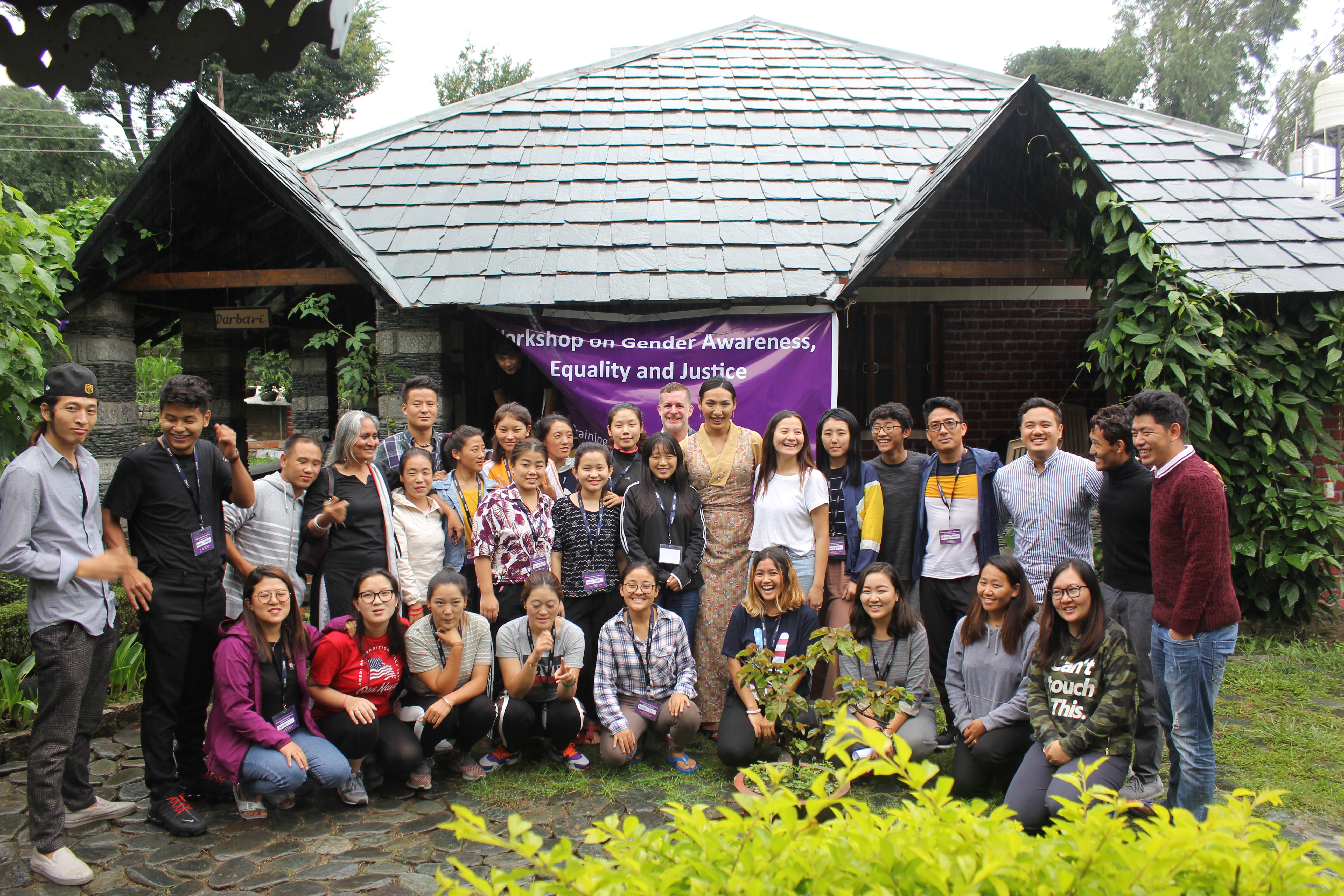
The Tibetan Centre for Human Rights and Democracy in conjunction with Jagori Rural Charitable Trust carried out a 7-day residential workshop on ‘Gender Awareness, Equality and Justice’ at the Training and Research Academy in Sidhbari, Himachal Pradesh. Held from 21 to 27 July, a total of 30 participants including Tibetan students from different universities and representatives of local Tibetan NGOs…
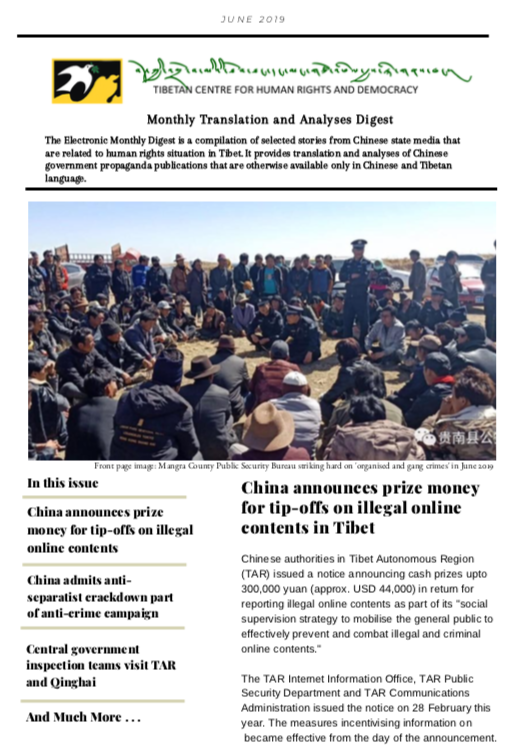
The June 2019 publication of Monthly Translation and Analyses Digest monitoring Chinese government media on Tibet includes the following articles: China announces prize money for tip-offs on illegal online contents in Tibet China admits anti- separatist crackdown part of anti-crime campaign Central government inspection teams visit TAR and Qinghai Chinese authorities claim victory in anti-crime crackdown amid central government inspection…
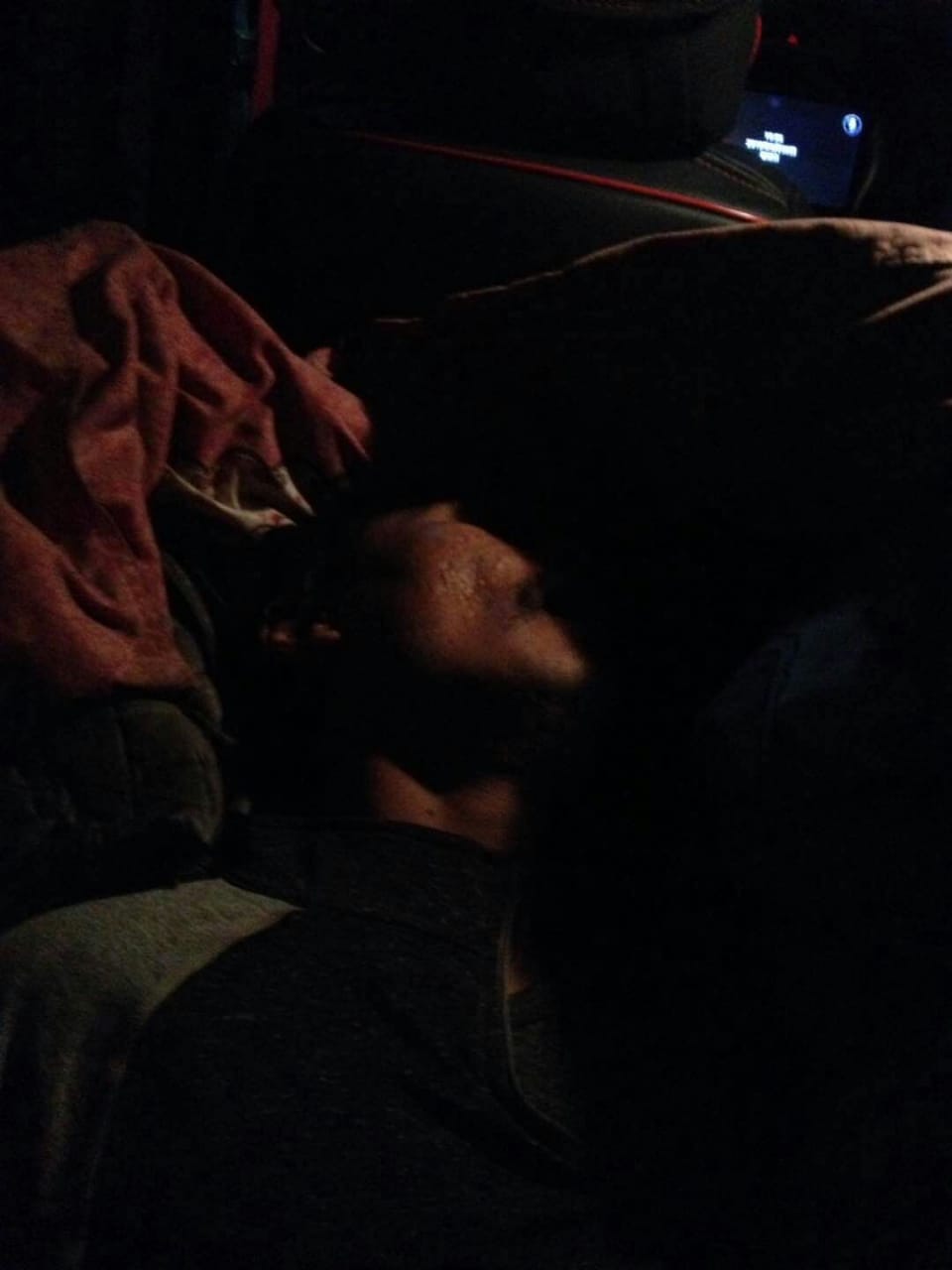
The Tibetan Centre for Human Rights and Democracy (TCHRD) is deeply saddened by the news of the untimely demise of former Tibetan political prisoner Mr Shonu Palden and extends heartfelt condolences to his bereaved family members and relatives. Mr Palden is survived by his wife and three children: son Tenzin Kunkyab, 8, and daughters Namgyal Dolma, 10, and Tashi Dolma,…
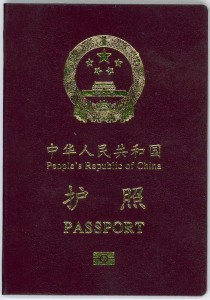 Since 2012, Tibetans from the Tibet Autonomous Region (TAR) have had their passports confiscated and, as a result, unable to travel abroad. This is because of 29 April 2012 ‘guiding opinions’ on implementing passport regulation issued by the Chinese authorities that was recently obtained by the Tibetan Centre for Human Rights and Democracy. The letter of the law and its implementation have prevented almost all Tibetans in the TAR from travelling outside of the People’s Republic of China (PRC). In 2014, further restrictions have prevented Tibetans from travelling to religious ceremonies and sacred sites.
Since 2012, Tibetans from the Tibet Autonomous Region (TAR) have had their passports confiscated and, as a result, unable to travel abroad. This is because of 29 April 2012 ‘guiding opinions’ on implementing passport regulation issued by the Chinese authorities that was recently obtained by the Tibetan Centre for Human Rights and Democracy. The letter of the law and its implementation have prevented almost all Tibetans in the TAR from travelling outside of the People’s Republic of China (PRC). In 2014, further restrictions have prevented Tibetans from travelling to religious ceremonies and sacred sites.
Article 12(2) of the ICCPR, which is binding on the PRC as part of customary international law, recognizes that everyone has the right to freedom of movement, including the right leave their country. The Human Rights Committee’s General Comment 27 is an authoritative interpretation of this right. It states that international travel cannot be restricted because of the purpose or duration of the travel. The right to freedom of movement may only be restricted in exceptional circumstances when the restriction is necessary to protect national security, public order, public health or morals and the rights and freedoms of others. The General Comment highlighted administrative barriers to travel as a major concern.
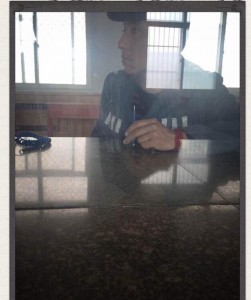
A Tibetan singer serving a six-year prison sentence for singing songs with politically-charged lyrics has been found recently in poor health as he continues to be kept under tight security in a prison located in the outskirts of Siling (Ch: Xining) city, capital of Qinghai Province.
Tibetan Centre for Human Rights and Democracy (TCHRD) has received information that Tibetan singer Lolo is held under tight security surveillance even after almost two and a half years’ of imprisonment. Lolo was first detained on 19 April 2012 for releasing a music album that contained songs with politically-charged lyrics such as the well-known “Raise the Tibetan flag, Children of Snowland”. After a brief detention, he was released but was detained again and sentenced to six years on 23 February 2013. At the time of sentencing, he was 30 years old.
 Last week the Tibetan Centre for Human Rights and Democracy (TCHRD) participated in a conference on the Responsibility to Protect in Ljubljana, Slovenia. The two-day conference evaluated the Responsibility to Protect ten years after it was adopted as part of the 2005 World Outcome Document.
Last week the Tibetan Centre for Human Rights and Democracy (TCHRD) participated in a conference on the Responsibility to Protect in Ljubljana, Slovenia. The two-day conference evaluated the Responsibility to Protect ten years after it was adopted as part of the 2005 World Outcome Document.
The 2005 World Outcome Document said that the Responsibility to Protect (R2P) rests on three pillars. First, each State has primary obligation to prevent the four atrocity crimes—genocide, war crimes, crimes against humanity, and ethnic cleansing. Second, the international community has a responsibility to assist States in preventing atrocity crimes. Third, if a State is manifestly failing to prevent or stop atrocity crimes the international community may intervene to prevent or stop atrocity crimes, including using force as a last resort.

The Tibetan Centre for Human Rights and Democracy (TCHRD) exposed major human rights violations committed by Chinese government in Tibet and the repressive policies that facilitate these violations during recent meetings and interactions with politicians, diplomats, academics, media and the general public in Basque Autonomous Region (Basque Country), Spain.
During a weeklong visit to Donostia/San Sebastian in Gipuzkoa Province, Basque Country, TCHRD executive director Tsering Tsomo drew attention to the repressive state of affairs in Tibet where the Chinese authorities continue to adopt a hardline approach denying basic human rights and freedoms that are taken for granted in many other countries. In her various public and private meetings, Tsomo strongly condemned China’s use of force, violence and fear to extract absolute loyalty and obedience from Tibetans to its repressive rule, and called Tibet a human rights black hole, a major blot on China’s international standing and reputation.
